Nutritional tips for longevity and vitality
| Vendula KosíkováWe can’t stop ageing, but we can slow it down. The most scientific research confirms that the key to longevity is not only regular exercise, but also a proper diet. Nutritional therapist Andrea Jakešová, founder of the counselling centre Ne hladu (No to Hunger), told us what to eat to maintain health and vitality even in later life.
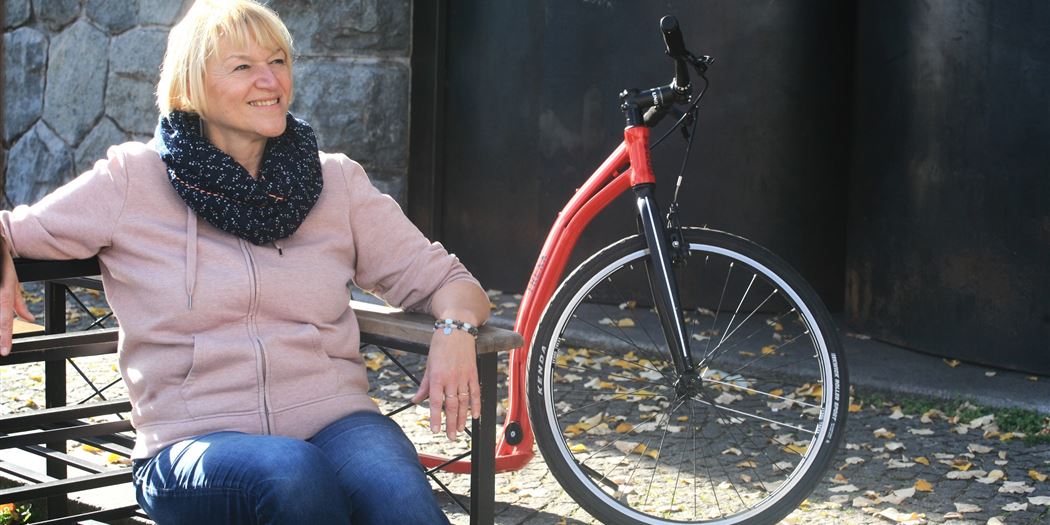
Why do we gain weight more easily as we age?
“For men whose lifestyle has been less than optimal, negative habits such as unhealthy diet, stress, lack of exercise, smoking and alcohol consumption start to add up as they get older (most commonly between the age of 50 to 60 years). The first health problems arrive, often leading to reduced physical activity and gradual weight gain.
For women, a major breakthrough occurs during menopause, when energy expenditure decreases due to hormonal changes and the disappearance of the menstrual cycle. It is during this period that women are more prone to weight gain and also to elevated blood cholesterol levels, which pose additional health risks.”
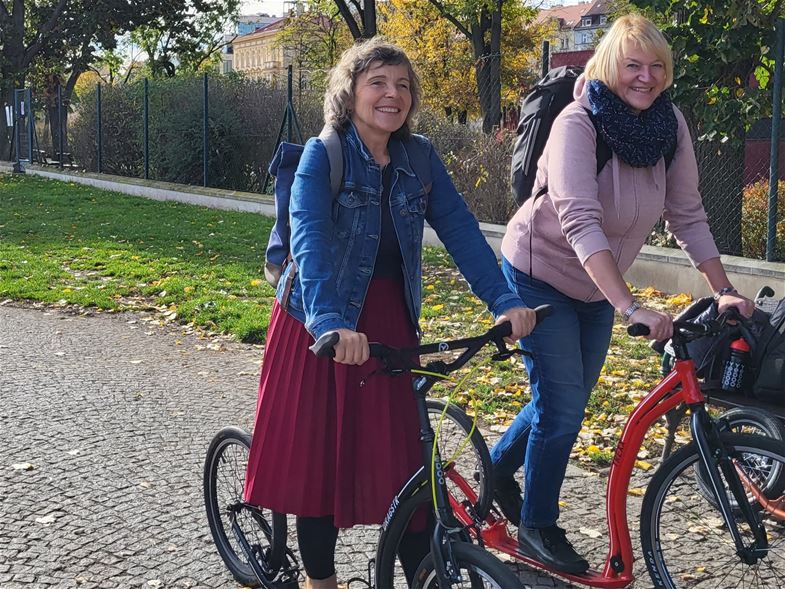
How to adjust the diet to age?
“Later in life, we need to focus more on diet composition. On making sure it contains all nutrients in a balanced ratio. This is much more important than counting calories. Your body will benefit much more if you give it a balanced meal than if you give it a bag of potato chips, even if they have the same energy value,” explains Andrea Jakešová.
Complex carbohydrates instead of simple ones
“Carbohydrates should represent up to 50 per cent of total energy intake and should not be given up even later in life, when the pace of life and metabolism naturally decrease.
We just need to take them in a form that ensures their slow absorption and keeps blood sugar levels stable. Potatoes in the skin, whole grain rice, whole grain pasta, oatmeal or rye bread, which has more fibre, are suitable. It simply means those carbohydrates that do not have a sweet taste and contain plenty of fibre.
If you restrict your carbohydrate intake because of weight gain, you are likely to get irresistible cravings for sweets.
The body will start asking for carbohydrates (which it needs to function). However, it will demand them in the simplest and most quickly absorbed form - i.e. in sugar and sweets.
That's why it is better to focus more on diet composition than on various forms of dieting, reduction of portions or skipping meals.”
Add fibre
“For carbohydrates, the amount of fibre, which slows absorption and thus flattens the glycaemic curve, is also important. Watch out for white rice, classic pasta or white bread, which belong among complex carbohydrates but do not have much fibre. This is also the reason why we get hungry soon after eating them and get subsequent cravings for sweets.
However, if we complement them with greater a amount of vegetables with higher fibre content, or replace them with their wholegrain form, the feeling of being full will last longer and blood sugar levels will remain at more favourable levels.
Eating vegetables is important not only in terms of fibre. It provides the body with vitamins, trace elements, minerals and other important substances that are essential later in life. Plus, it is low in calories, so it helps us keep our weight within acceptable limits.”

Don’t forget proteins, but choose low-fat ones
“Another important part of the diet in older age is lower-fat protein. Protein contributes to the formation and maintenance of muscle mass, which naturally decreases with age and with a more sedate lifestyle.
Thanks to muscles, we not only maintain strength and self-sufficiency (to carry groceries, climb stairs, etc.), but also a fast metabolism. Muscles need much more energy to function than fat tissue does. The moment our muscle mass decreases, our metabolism will decrease proportionally.
Protein also keeps us fuller for longer time, so we can avoid snacking between meals.
Lean meats, fish, cottage cheese and low-fat cheeses are suitable. Vegetarians can reach for tofu, tempeh, seitan, or protein from nuts or whey.”
Watch out for fats
“Fats are also essential for our vitality and health, we only have to be careful of their high caloric value, which makes it easy to exceed our energy intake,” warns Andrea Jakešová.
“So, watch out for fatty meats, fatty cheeses and also nuts. You can just put 2-3 walnuts in your yogurt, do not eat a whole handful, or even a bag. It is also not a good idea to skip the side dish and eat a piece of cheese or nuts instead.
When cooking, prefer vegetable oils that are liquid at room temperature.”
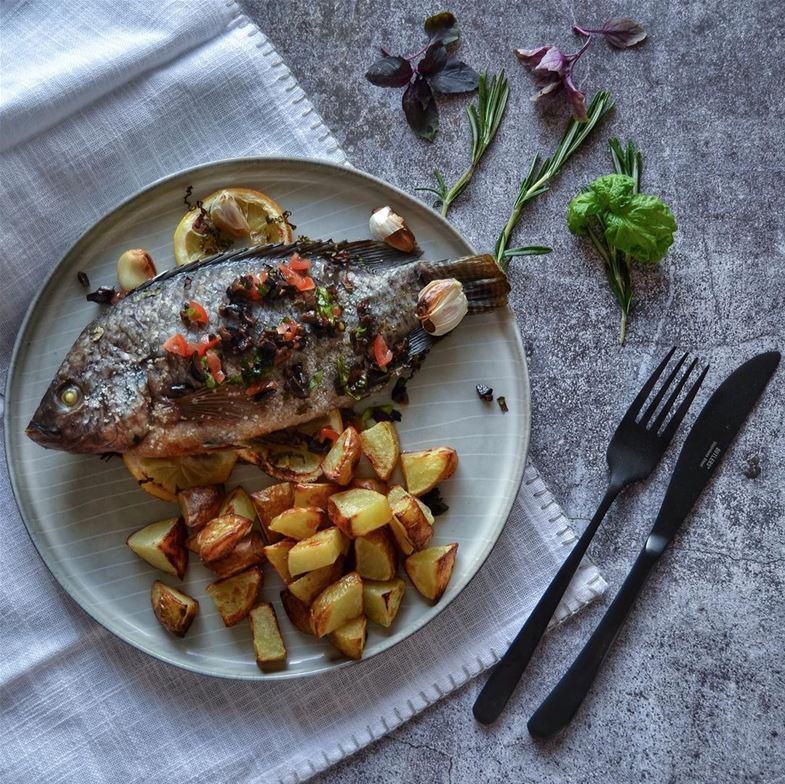
Why are high sugar levels dangerous?
The Czech name for diabetes (type II) tends to associate the disease with higher consumption of sweets, but this can be misleading.
You can also get diabetes (the “sugar disease”) by eating smoked meat products. If they make you fat, the stored fat in your tissues makes you less sensitive to insulin, which regulates blood sugar. The body then tries to produce more and more insulin, which can lead to its exhaustion. Once you get that far, you have to supply insulin to the body from the outside.
During digestion, sugars and carbohydrates are broken down into glucose, which then passes from the small intestine directly into the blood. From this, the cell’s mitochondria then produce life energy.
In order for cellular mitochondria to produce energy from glucose, they need a steady and, if possible, even supply of glucose. The hormone insulin takes care of this, regulating blood sugar levels and keeping them within healthy limits.
Some increase in blood glucose levels after a meal is quite normal, but if the fluctuations in blood sugar levels are too high due to poor diet, the mitochondria become overwhelmed and start producing free radicals that accelerate the ageing process.
High blood sugar fluctuations can also cause damage to blood vessels and becoming overweight - at one point there is too much sugar in the blood and the body stores the unused sugar in fat cells - then a sharp drop in sugar levels triggers hunger - so it’s a vicious circle.
If you eat inappropriately for a long period of time (overeating too many simple sugars or fats), you can lead not only to obesity but also to type II diabetes.
High blood sugar can also cause fatigue, dullness (brain fog) and poorer memory.
Forget about alcohol
“Although alcohol in small quantities (e.g. in a glass of wine with a meal) used to be recommended, today experts are inclined towards total abstinence, especially later in life when alcohol unnecessarily increases calorie intake. Two glasses of wine a week is still acceptable, but certainly not daily.
Instead of drinking alcohol, find another, preferably non-caloric drink, such as water with lemon or lime, which also has the ability to reduce the rate of absorption of sugar from the diet.”
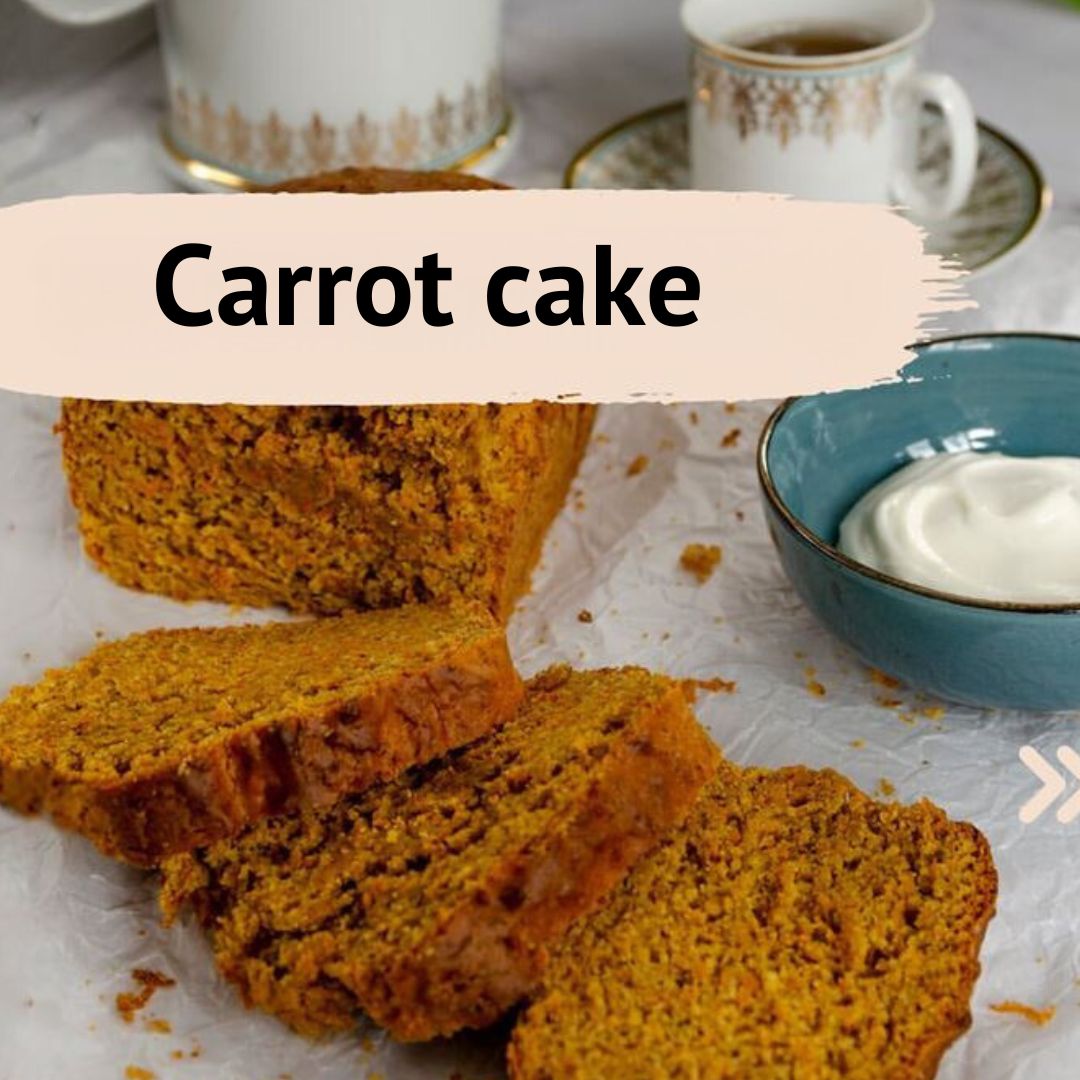
Are dietary supplements necessary at a mature age?
“As we age, our bodies gradually lose the ability to produce some important substances that are needed to maintain vitality and health. It is important to supplement at least the following basic ones:
- Vitamin D - helps maintain good bone structure and has a positive effect on our mood and energy. Its deficiency is often manifested by increased fatigue. And since it also has a positive effect on immunity and the majority of our population lacks it, it is advisable to supplement it regularly.
- Omega-3 fatty acids - if you don’t eat fish, walnuts, flaxseed or their oils at least twice a week, it is advisable to supply these fats to your body in another way. Omega-3 fatty acids fight inflammation, contribute to brain health and have a beneficial effect on blood pressure and cholesterol levels.
- Coenzyme Q10 -supports cellular energy production, cardiovascular function and counteracts oxidative stress.
- Calcium - for bone and dental health.”
Take inspiration from Andrea Jakešová’s dietary regimen
Andrea Jakešová is a nutritional therapist and co-founder of counselling centre Ne hladu (No to Hunger). Together with her colleague Veronika Pourova, she wrote the book entitled O výživě (On Nutrition), in which they explain the basics of healthy nutrition in a clear and objective way.
She also contributed to the publication of a cookbook called Vyváženě (In a Balanced Way), which presents 108 recipes for meals with a balanced ratio of proteins, carbohydrates and fats.
Sample menus for different daily calorie intakes can be found on the Ne hladu (No to Hunger) website. You can try a sample 6,000 KJ diet suitable for older women with sedentary jobs who have already gone through several unsuccessful dieting attempts, for example.
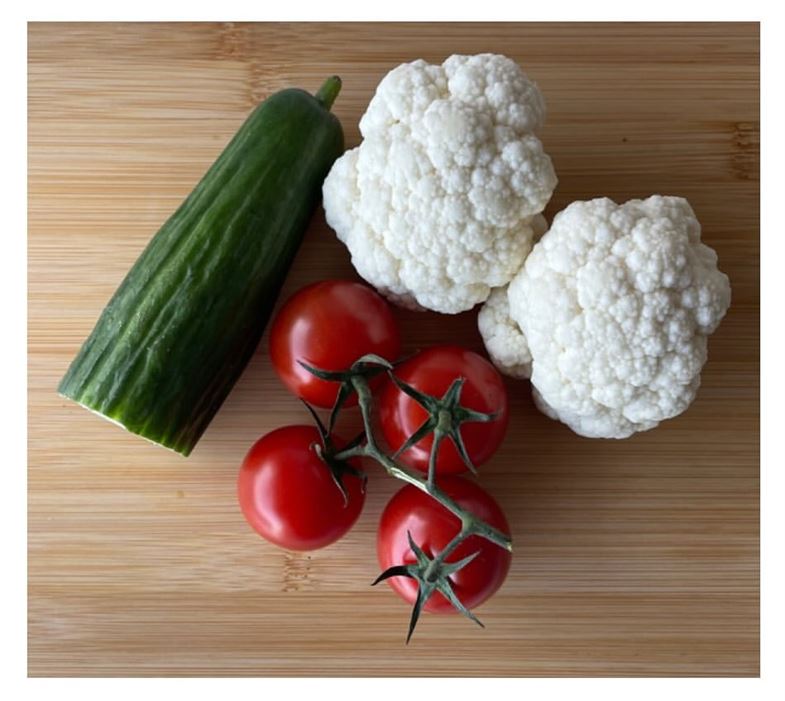
So good luck and lots of energy, for a life that you will enjoy even in your later years.
Photo: Yedoo and Ne hladu (No to Hunger)



